By funkhaus
Studio Luz recently had the honor of being selected as an honoree for the Greater Boston Chamber of Commerce’s Small Business of the Year Awards in the Diversity and Inclusion category. We are so proud and honored to receive this recognition, as it affirms so much of what we strive for as a minority, woman, and Latine-owned firm. This goes beyond simply existing as a small business who prioritizes these principles — this is a result of the way we structure and run our business, and of the many small actions we take every day to promote diversity, equity, and inclusion (DEI) in our organization and in the built environment.
In the years since the emergence of DEI as an organizational framework, its meaning and applications have evolved. So, what does it mean to promote DEI as a small business today? Here, we explore some of the lessons we’ve learned and the principles that we stand on as a company.
Start with your team
Studio Luz is one of the few BIPOC-led architectural firms in Boston. 82% of our firm staff are women and/or part of a minority group, including Middle Eastern, Black, and Latine teammates. Our socially engaged community members are also roller skaters, problem solvers and ceramists; music lovers, explorers and culinary artists. We embrace a strong and inclusive team approach and make diversifying our team a priority not only because it allows our team members to flourish in a workplace that appreciates and supports them, but because it helps us all to do the best work that we can — through this we are able to tap into the full richness of architectural practice, nurturing innovative ideas into constructed reality. Through experience, we’ve learned that diversity of thought allows us to create work that leaves a lasting impact on the communities we serve.
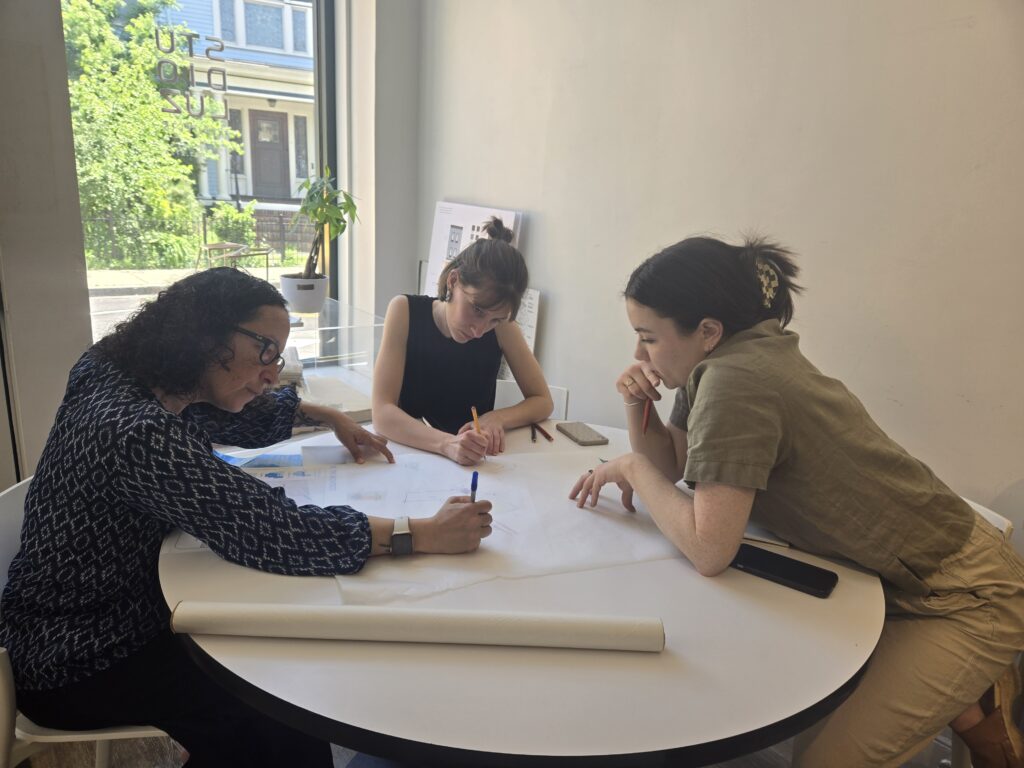
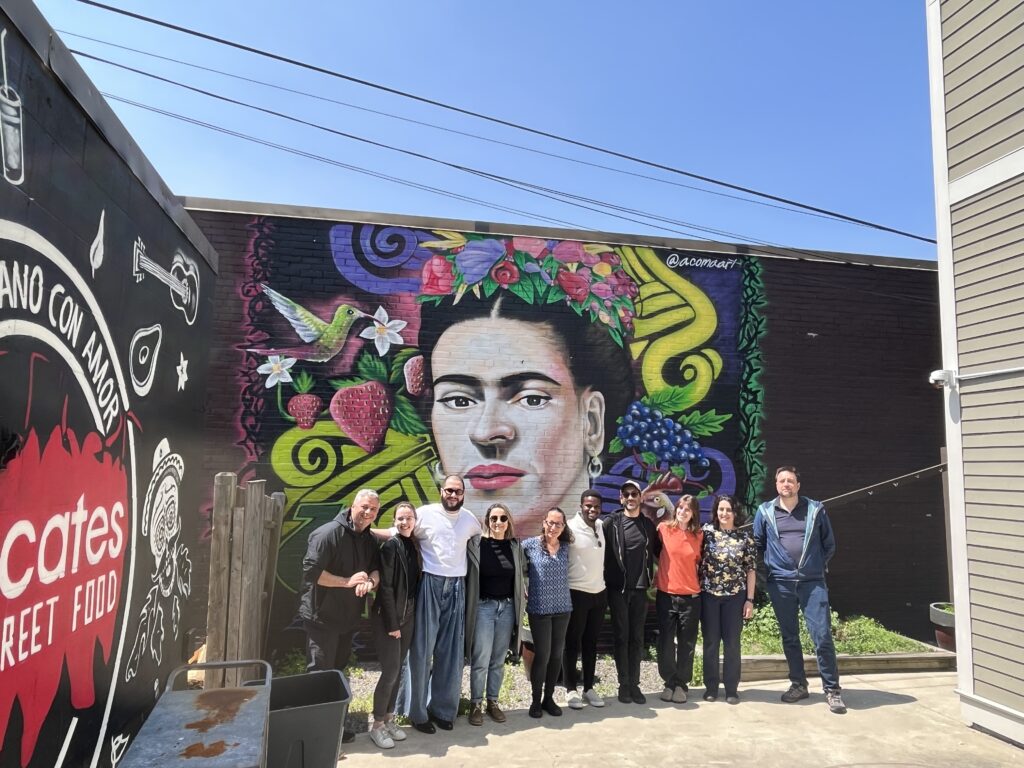
Seek out different perspectives
In addition to cultivating a wide breadth of perspectives from the team, we also seek to hear from the members of the communities we serve, as they can tell us firsthand what they want and need. Community engagement and public outreach are foundational aspects of our design approach for each project. We value the experiences people bring and the differences in those experiences, because we know that having that multitude of perspectives and multiple points of influences on the design process enriches the project. Additionally, our design process demonstrates that architecture can provide a voice for underrepresented members of the community, allowing those whose perspectives are not always heard to have a say in development decisions.
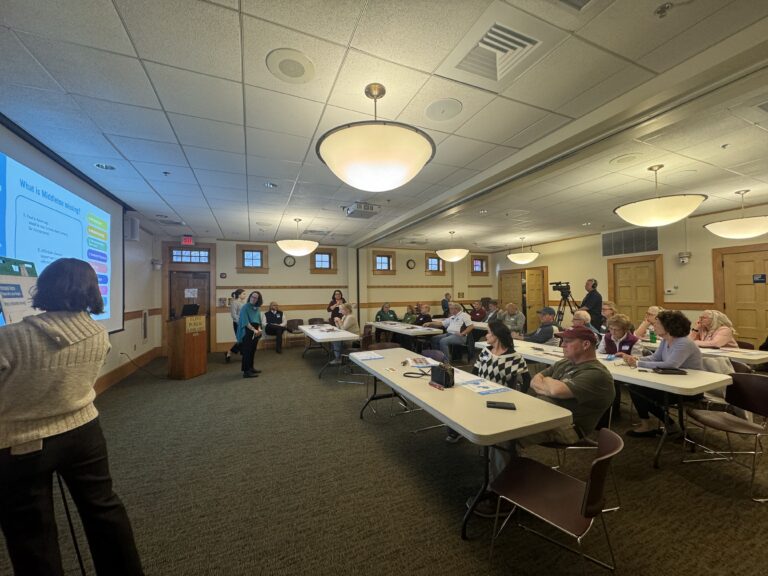
Ask questions
Architecture, planning and design have the potential to push towards true equity, and we believe we are responsible as a company for exploring those possibilities. One way to do so is to ask questions, of both ourselves and others. Our design approach is centered on questions of how we as designers and planners can ensure the physical environment is welcoming, inclusive, and addresses the holistic needs of all stakeholders. We ask what values we can manifest in the built environment and what metrics can we apply to our projects to assure that physical environments embody the mission, vision, and value of the constituents they are home to.
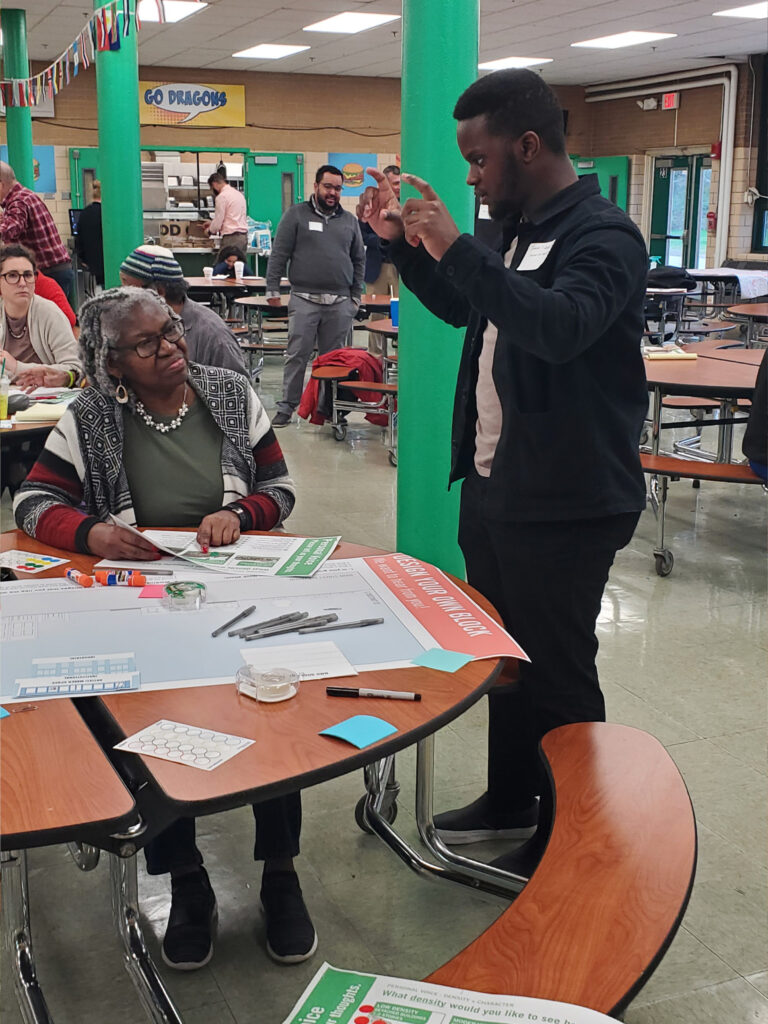
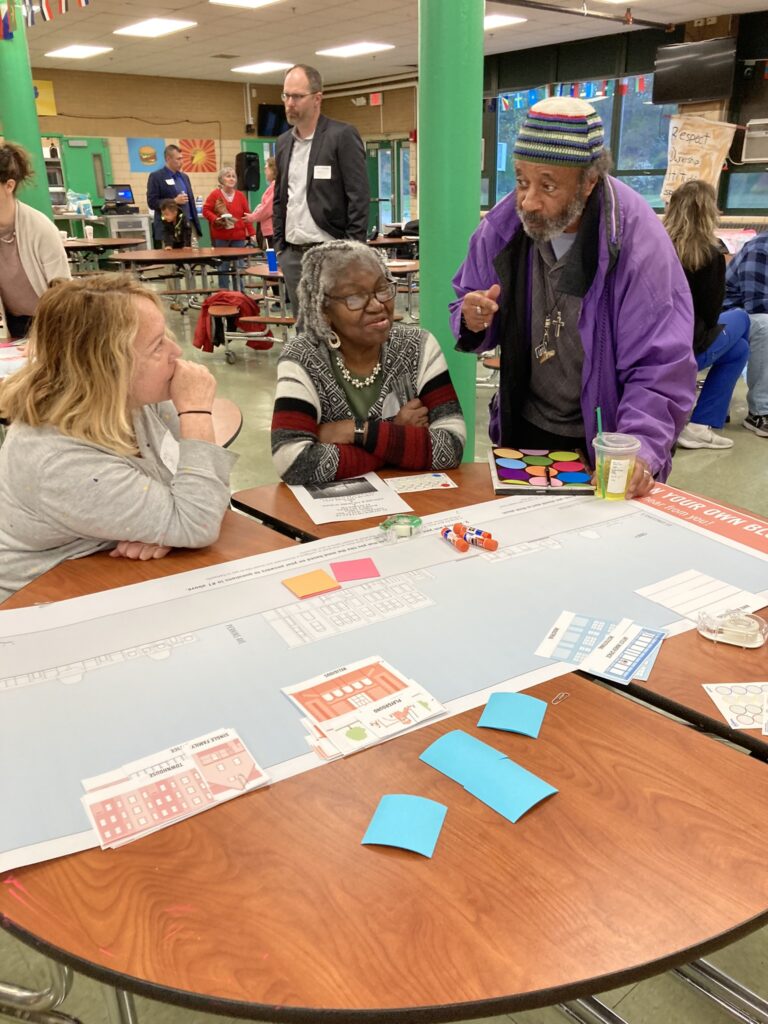
Be open to change
Asking questions unlocks new ideas, and we believe that keeping an open mind and being receptive to new input can only help to refine our process and make our work better as we work in service of diversity, equity, and inclusion. As a forward-thinking practice that links responsible design and sustainable construction with built material expression, we take the time to invest in innovative concepts, look for inspiration in unexpected places, and think through abstraction to transform traditional spaces into remarkable and refreshing environments.
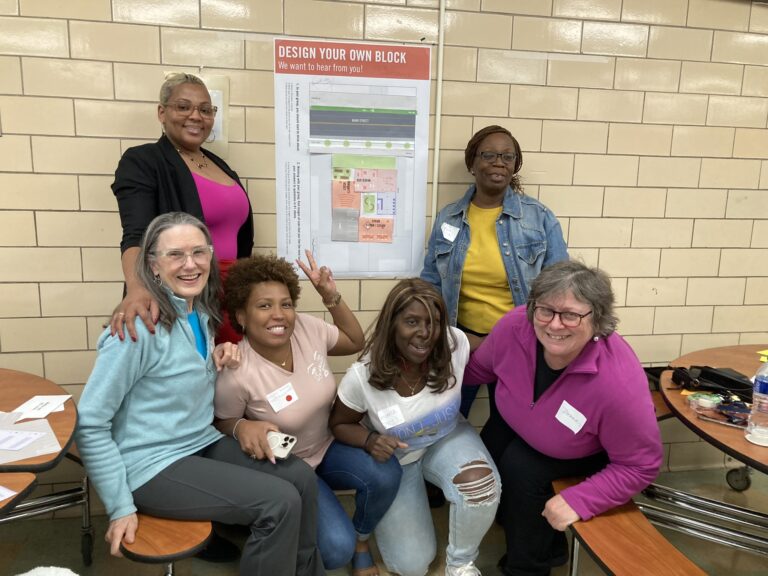
Focus on the long term
At Studio Luz, we’re in it for the long haul, not the short win. We aim to create lasting change, and to do so we know we need to build a solid foundation and a new framework on which to build upon. With each project we take on, we recommit to social responsibility and sustainability through responsible design, community engagement, affordable housing initiatives, a diverse team and leadership, and collaboration with nonprofit organizations. Though we are very proud and honored to have received a Small Business of the Year Award, the award itself is not the goal — our hope is to be able to make a long-lasting impact in the communities we serve, promoting diversity, equity, and inclusion through all our work.